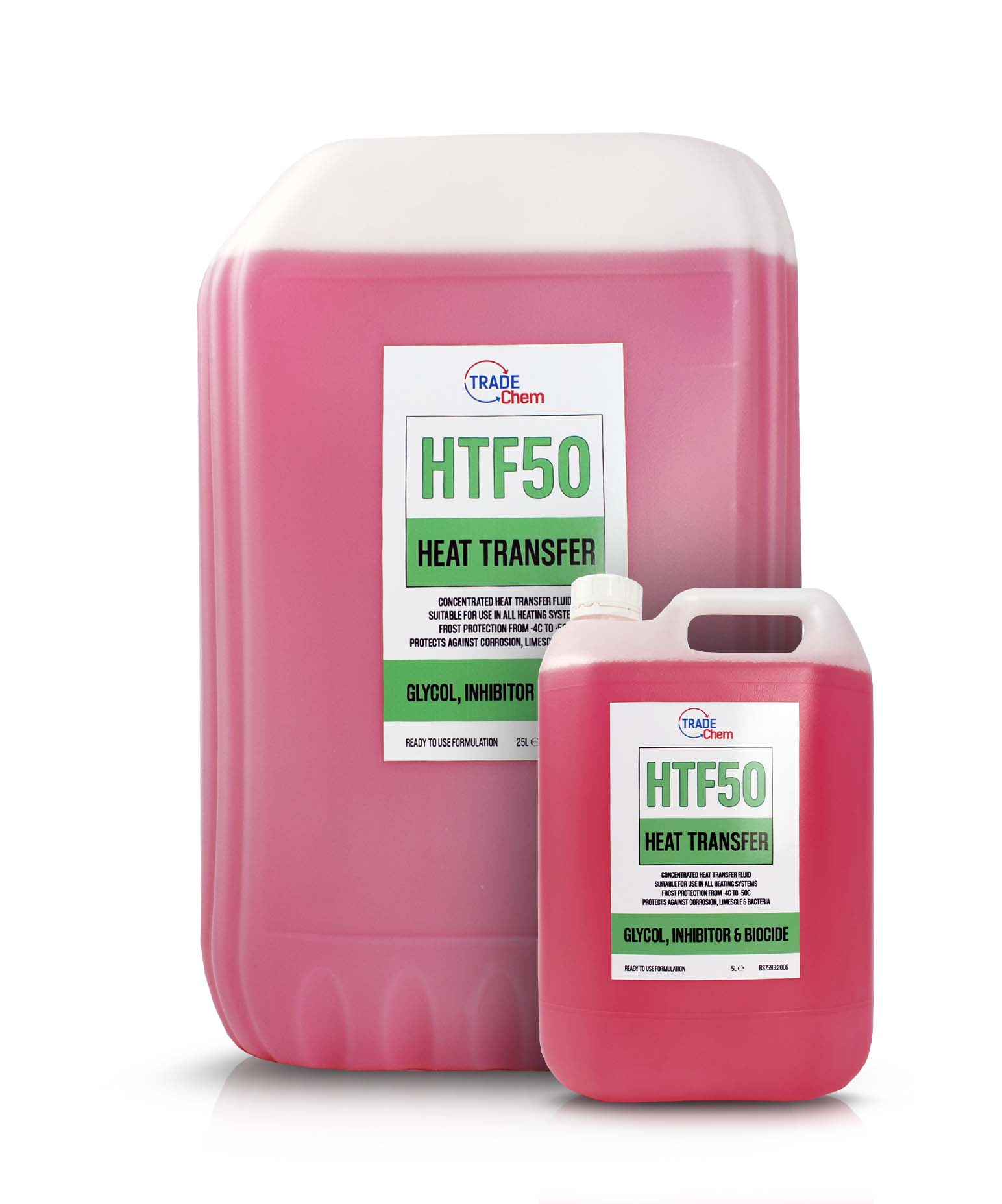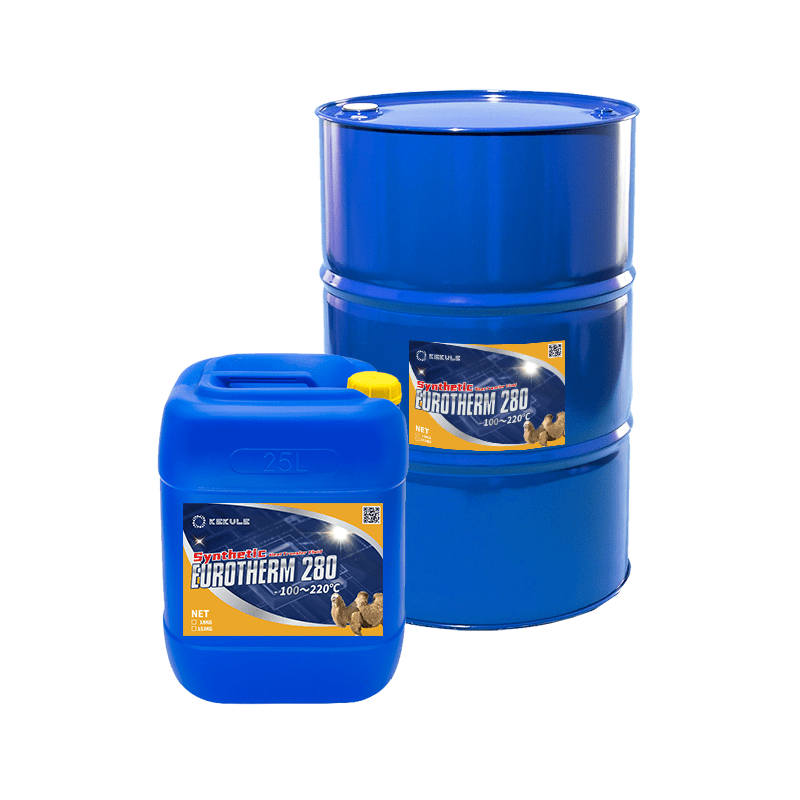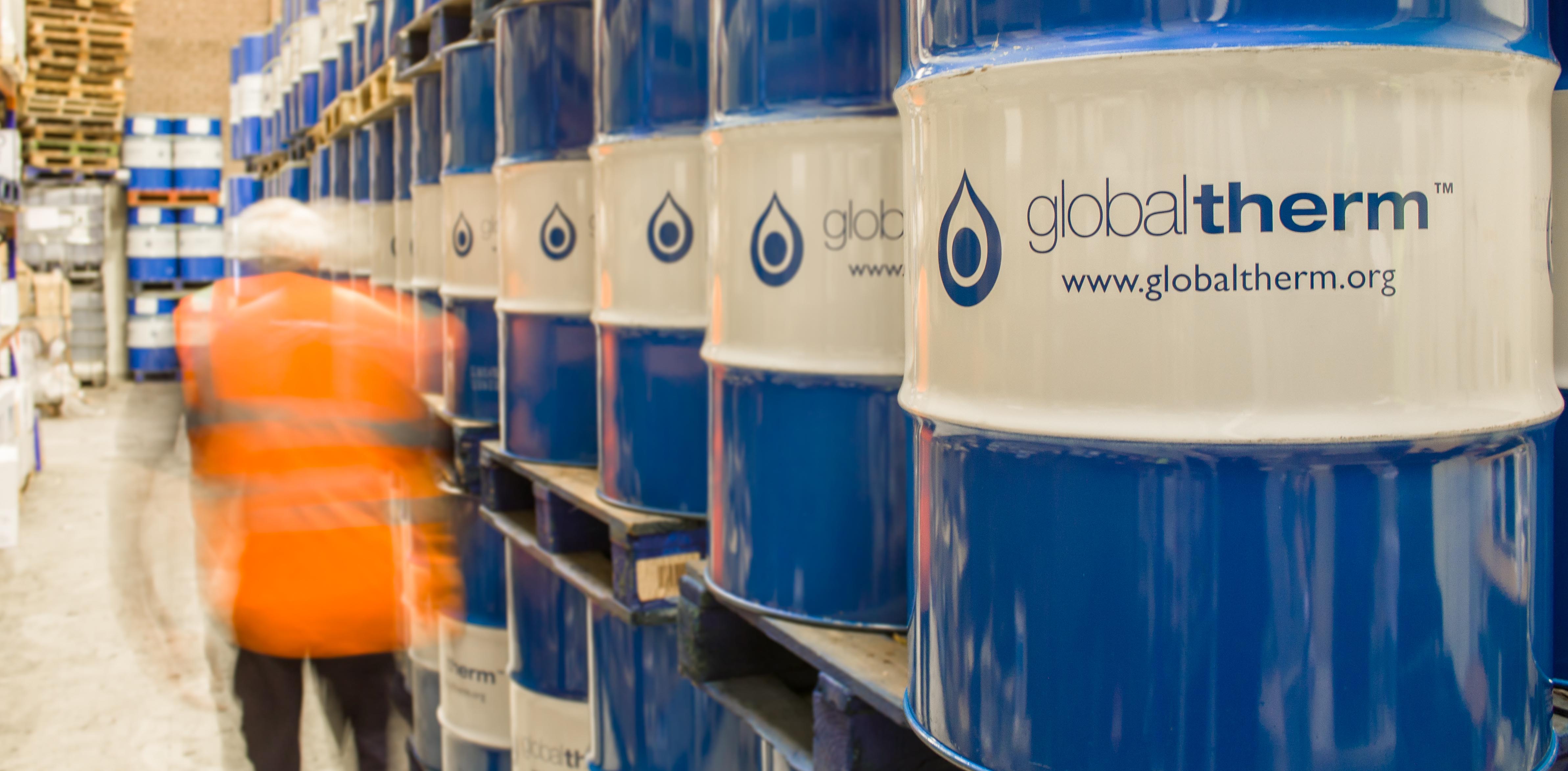How Heat Transfer Fluid Impacts the Efficiency of A/c Solutions
How Heat Transfer Fluid Impacts the Efficiency of A/c Solutions
Blog Article
How Warmth Transfer Fluid Adds To Lasting and Economical Procedures
In the contemporary industrial landscape, the duty of warm transfer fluids (HTFs) in advertising sustainable and affordable procedures can not be overemphasized. These fluids are essential in enhancing thermal monitoring systems, consequently considerably improving energy effectiveness and decreasing operational expenses. Moreover, the ecological benefits of innovative HTFs, with their high thermal stability and low poisoning, are undeniable. They not just extend system long life but likewise add to the decrease of hazardous emissions. The real potential of HTFs is realized through the thorough selection process, making certain compatibility and security. Yet what aspects should direct this crucial option?
Understanding Heat Transfer Liquids
In the realm of thermal management, warmth transfer liquids (HTFs) serve as important agents for transferring thermal energy from one area to one more. These fluids play a crucial duty in different commercial applications, consisting of chemical processing, power generation, and HVAC systems.
The make-up of warm transfer fluids can differ significantly, including alternatives such as mineral oils, synthetic oils, glycols, and molten salts. Each type offers distinctive benefits, such as improved thermal security, low viscosity, and high boiling factors, which are selected based on particular functional demands. Furthermore, the selection of HTF impacts not just the effectiveness of warm transfer yet likewise the long life and safety of the system in which it is used.
As markets proceed to introduce, the development of advanced HTFs, defined by their boosted thermal conductivity and lowered ecological influence, is essential for satisfying the demands of modern thermal management obstacles.

Enhancing Energy Performance

Improving power efficiency has come to be a critical worry throughout various industries, prompting a better examination of warmth transfer fluids' duty in enhancing thermal administration systems. These fluids are indispensable to maintaining the preferred temperature level in procedures, thus lessening power waste and boosting overall system efficiency. By selecting a proper warmth transfer fluid, sectors can considerably enhance their power performance, leading to lowered energy intake.

Advanced formulas of warmth transfer liquids have actually been created to endure severe temperatures while preserving security and effectiveness. These technologies prolong the functional lifespan of the fluid, lowering the regularity top article of substitutes and energy-intensive maintenance tasks. The use of artificial or bio-based liquids uses added benefits in terms of reduced ecological impact, lining up with worldwide sustainability objectives. Consequently, enhancing energy performance via optimum heat transfer liquid selection is not only a technological need however additionally an environmental crucial.
Reducing Operational Costs
Operational expenses are a substantial factor to consider for industries seeking to maintain affordable advantage, and the choice of heat transfer fluid plays a critical function in price management. Picking an appropriate warmth transfer fluid can lead to substantial expense financial savings by enhancing system effectiveness and decreasing energy usage. High-performance fluids lessen thermal deterioration, which in turn decreases the frequency of fluid substitute and downtime related to upkeep, therefore decreasing operational expenses.
Furthermore, heat transfer liquids with premium thermal security and rust resistance extend the life-span of tools. This lowers the need for constant repairs and substitutes, which can be expensive and turbulent to operations. By buying top quality fluids, sectors can accomplish long-term reductions in maintenance expenses and enhance the reliability of their systems.
Additionally, progressed heat transfer fluids often show lower viscosity at running temperatures, which improves pump effectiveness and minimizes energy use in liquid circulation. This optimization of power intake straight converts into decreased functional costs. Furthermore, lots of modern heat transfer fluids are crafted to operate properly over a broad temperature level variety, reducing the need for numerous fluid kinds, thus simplifying stock needs and decreasing connected prices. These elements jointly contribute to more lasting and cost-effective operations.
Environmental Impact Reduction
The press in the direction of decreasing environmental influence has actually acquired energy click to read more in sectors leveraging heat transfer fluids. Warmth transfer fluids (HTFs) play a vital role in this change, using opportunities to enhance power effectiveness and decrease exhausts - heat transfer fluid.
Additionally, using innovative warm transfer liquids adds to improved system effectiveness, decreasing the total energy intake. This reduction not just leads to cost financial savings however also reduces co2 exhausts, aiding in the battle versus environment change. Fluids that are biodegradable and recyclable further boost sustainability efforts, as they lessen waste and promote round economy methods.
Additionally, integrating HTFs into closed-loop systems stops fluid loss and contamination of the surrounding setting. This method makes certain that fluids are reused, lowering the need for new resources and limiting waste generation. By accepting these environmentally aware methods, industries can dramatically diminish their environmental influence while preserving high operational efficiency, lining up with international sustainability objectives and regulatory demands.
Selecting the Right HTF
Picking the proper warmth transfer liquid (HTF) is a vital action in progressing ecological sustainability within commercial procedures. The choice of HTF directly influences system effectiveness, power intake, and ecological influence. A perfect HTF needs to possess a high thermal capability, reduced thickness, and high thermal conductivity to make sure reliable warmth transfer. In addition, its security over a broad temperature range is essential to stop deterioration, which can cause boosted exhausts and waste.
This ensures durability and reduces upkeep costs. blog here The liquid should be non-toxic and biodegradable, decreasing its eco-friendly footprint and making certain compliance with ecological regulations.
Verdict

Report this page